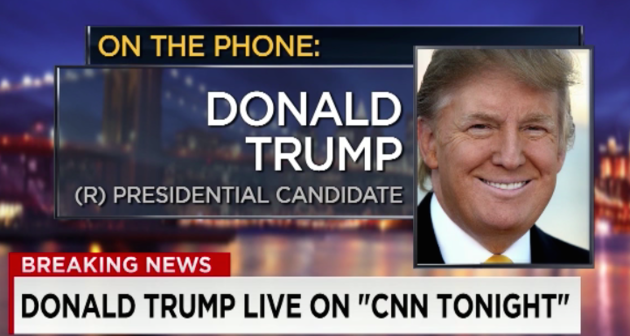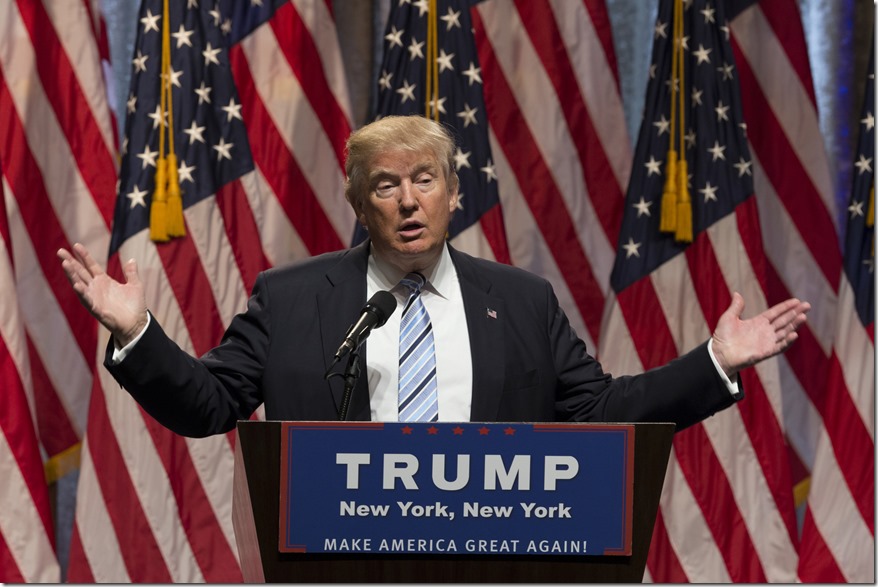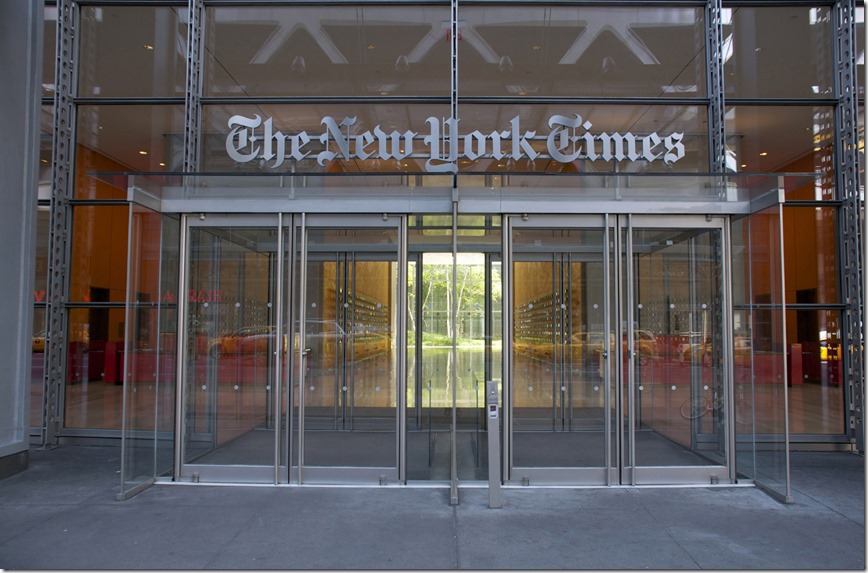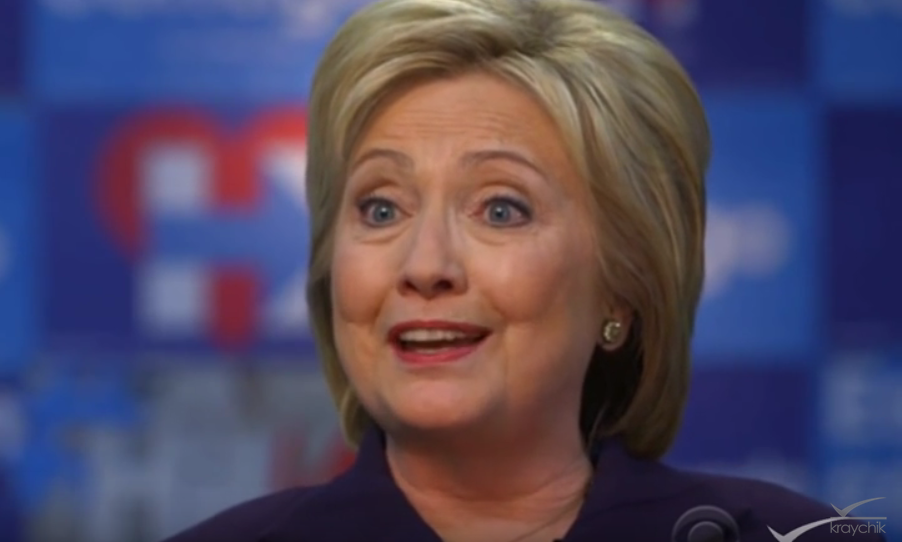Do Phone Interviews Give Donald Trump An Unfair Advantage?
One of most enjoyable things about Twitter is that it occasionally offers you the opportunity to interact with people you ordinarily wouldn’t.
Late last week, a tweet of mine about CNN conducting a phone interview with Donald Trump after his New Hampshire primary win led to a brief dialogue with talk show host Montel Williams, CNN’s Jake Tapper, New York Post columnist Robert George, and political reporter Nathan Gonzales.
My original comment had to do with the cable news networks allowing Trump to call into their shows regularly—which is a break from their usual protocol of wanting guests to appear on camera. The question is whether such call-ins offer Trump an unfair advantage over both the interview (more on that below) and his political competitors, who are usually not granted the same call-in privileges.
First, here are a few of the tweets, reordered for clarity. (Tweets no longer available.)
Does the phone format give Trump a disproportionate amount of power in the exchange? Yes, says Fox News host Chris Wallace (as quoted by Politico):
“The idea you would do a phoner with a presidential candidate where they have all the control and you have none, where you can’t see them and they may have talking points in front of them… we are not a call-in radio show, we are a Sunday talk show and he is a presidential candidate, you do an interview on camera.”
Trump has a habit of filibustering during phone interviews. It’s more difficult for hosts to break in on a phone call (such interruptions lead to crosstalk) than it is when the guest is in studio. And in most cases, Trump gets away with it. He’s a ratings magnet who hosts want back—so they too often cede power to him.
Joe Scarborough, whose Morning Joe has hosted Trump so many times as to essentially make him a co-host, finally had to fight back against one of Trump’s lengthier responses. (Video no longer available.)
Tapper’s argument that he’d offer the same telephone-only opportunity to other candidates avoids the central question of whether the practice itself is bad for voters. As Gonzales pointed out, Tapper and Trump were both in New Hampshire, making an in-person interview possible. Even if it wasn’t, CNN could have insisted on a Skype interview—or passed on the interview altogether.
From Trump’s point of view, his plan is brilliant. He can appear on several shows more per day by dialing a few phone numbers than he could if he had to travel to each studio. And, as Nate Silver of 538 points out, his media coverage (which includes non-interviews) is a critical factor in his electoral success:
“Since July [and through December 2015], Trump has received 54 percent of the media coverage of the GOP primary — about six times more than Jeb Bush, who’s in second place with just 8 percent of coverage.”

The phone-only format helps Trump retain more power, reduce the journalist’s role, and send a strong message to the audience that he is a singular figure worth bending the usual rules for. Bottom line? This is good for Trump, bad for journalism.



Terrific post, Brad! You offer further evidence that journalism as we know it continues to suffer from the need for ratings. Just about everyone in the media despises Trump, yet they enable him because his mere presence — even by phone — apparently means a ratings boost. It’s sickening and just a little horrifying. He’s managed to rewrite all the rules and journalists, as a group, have lacked the courage to stop him.
[…] advantage” in free media—which has included almost all the ratings-hungry networks bending the normal rules to allow him to “phone in” interviews from his cushy Fifth Avenue Trump Tower […]